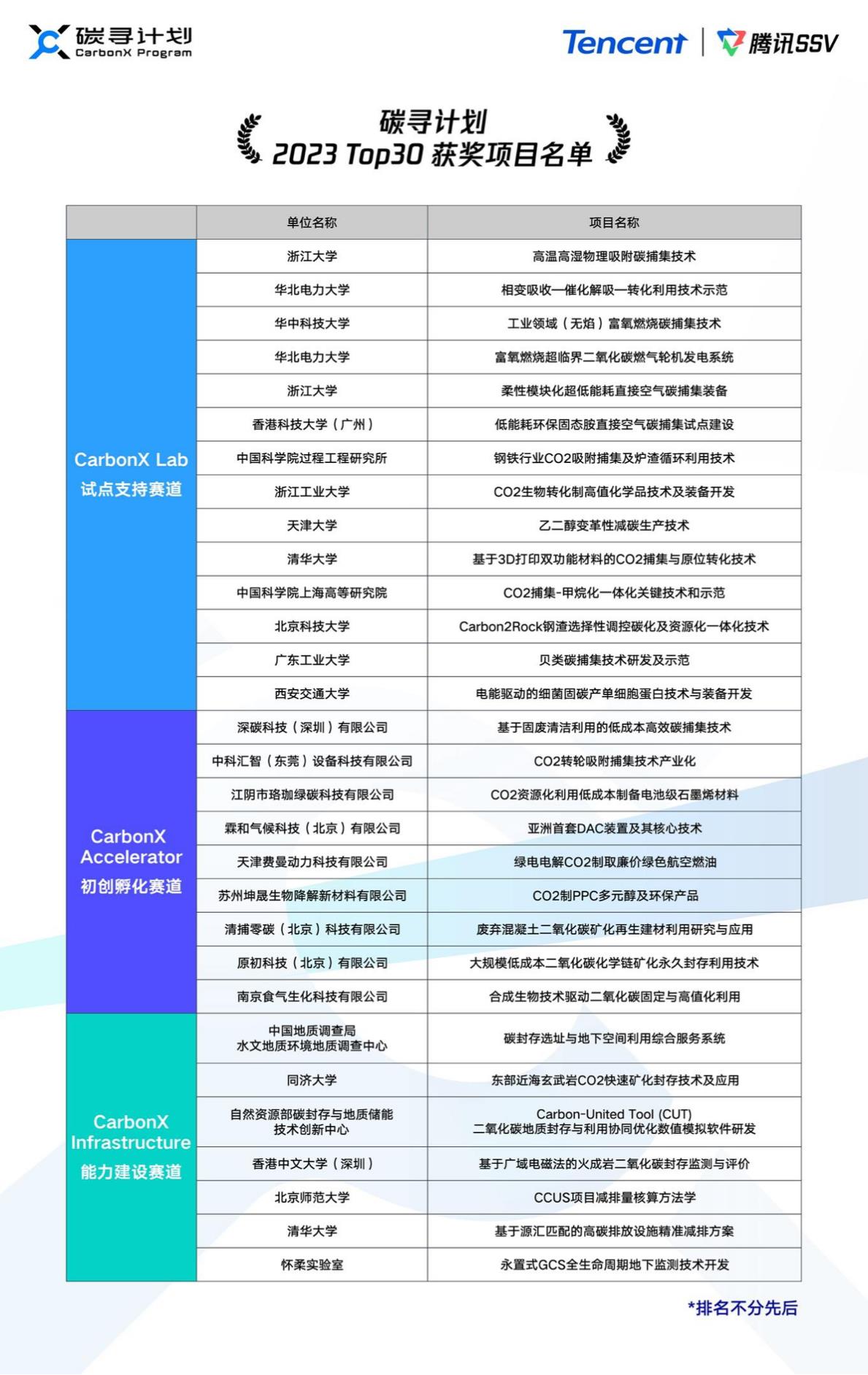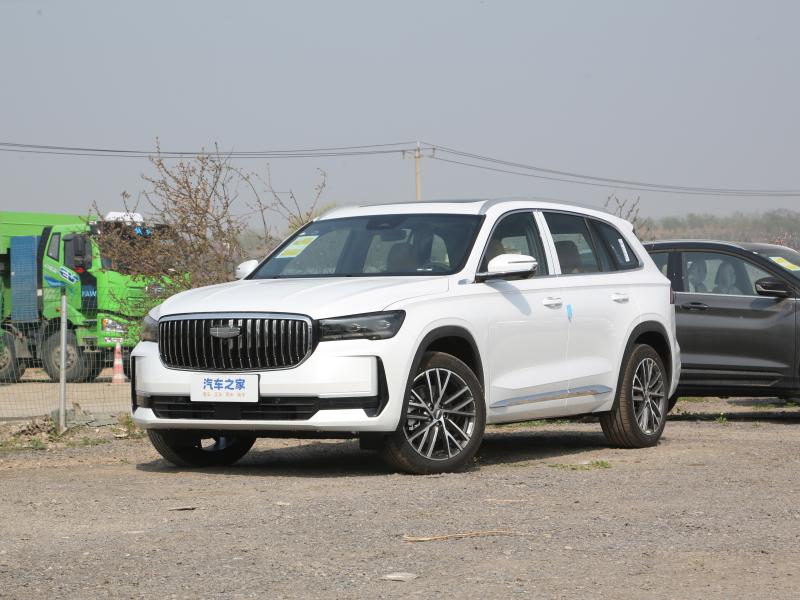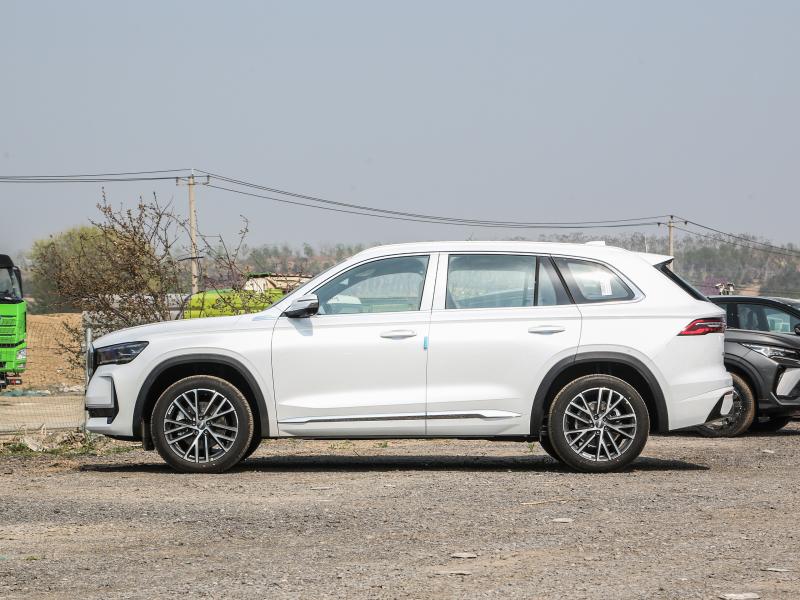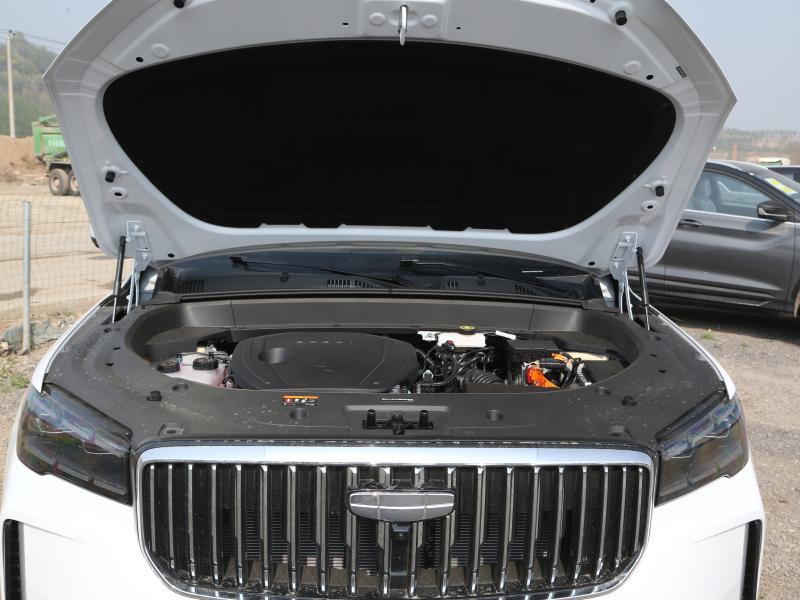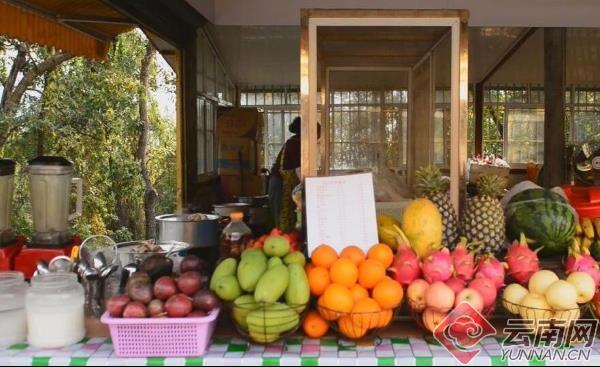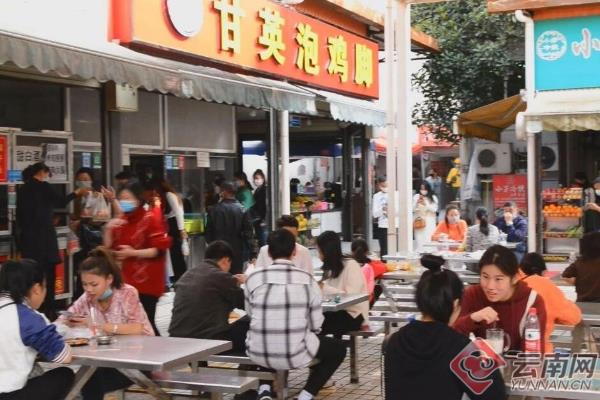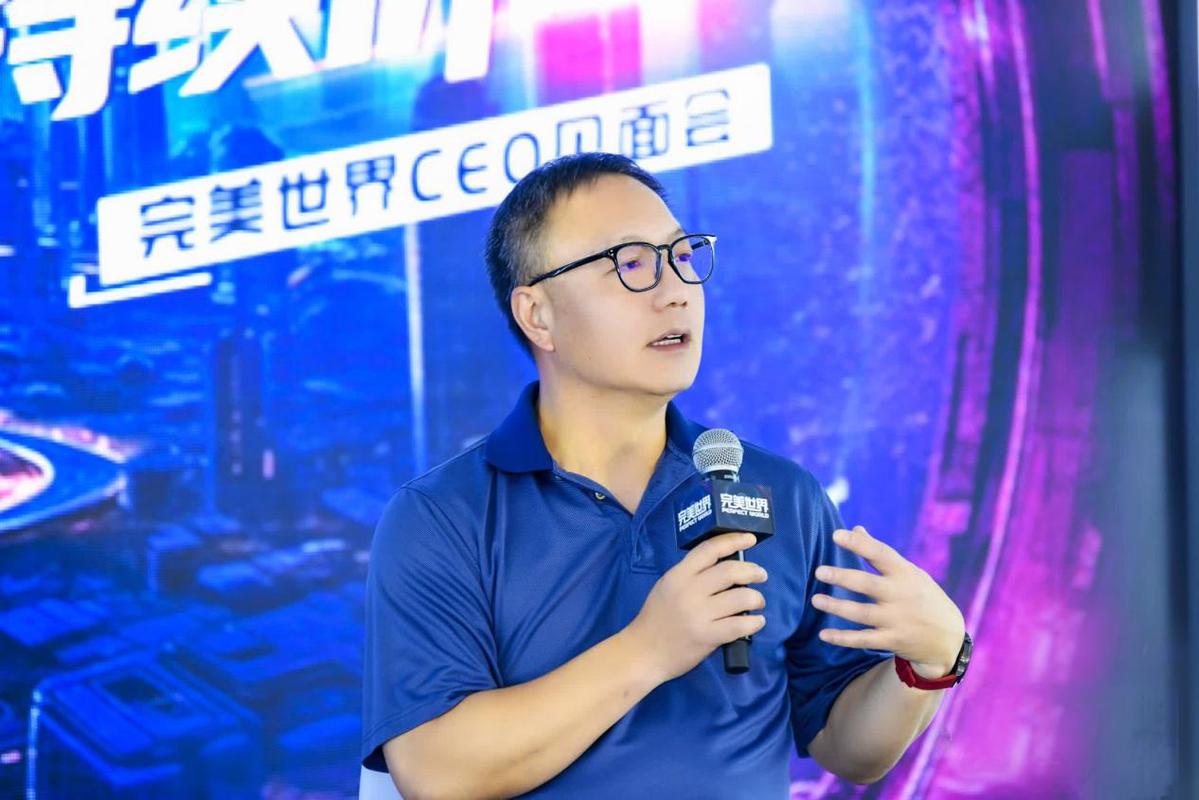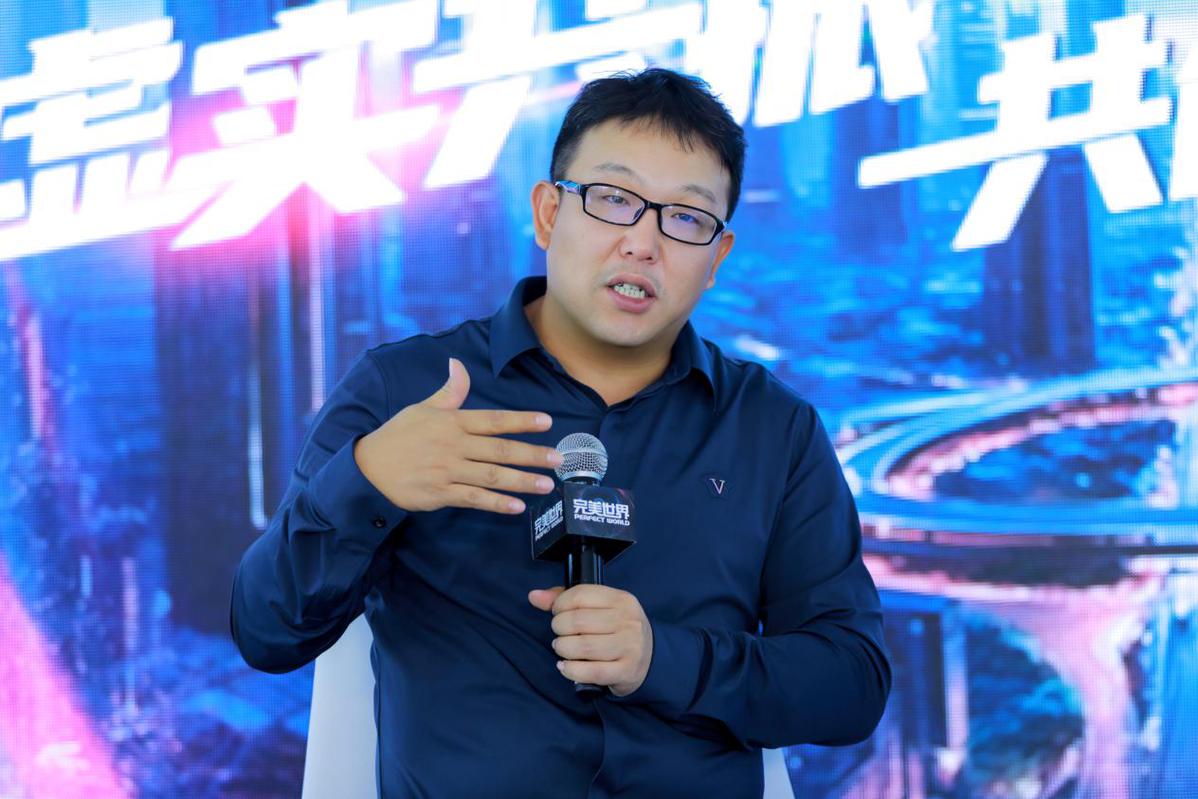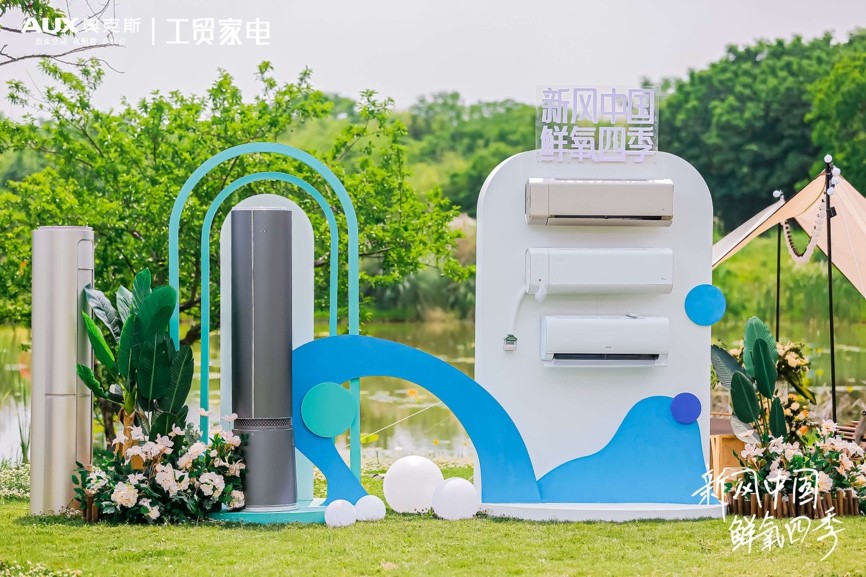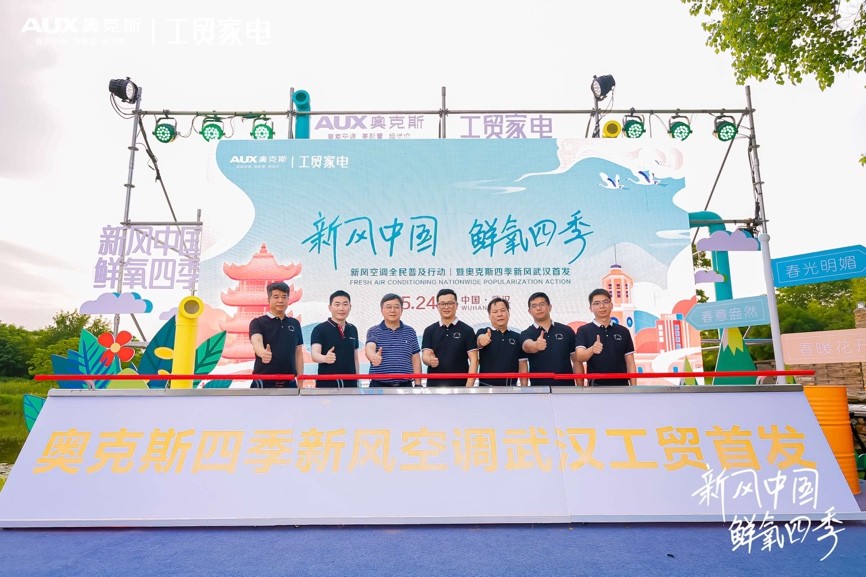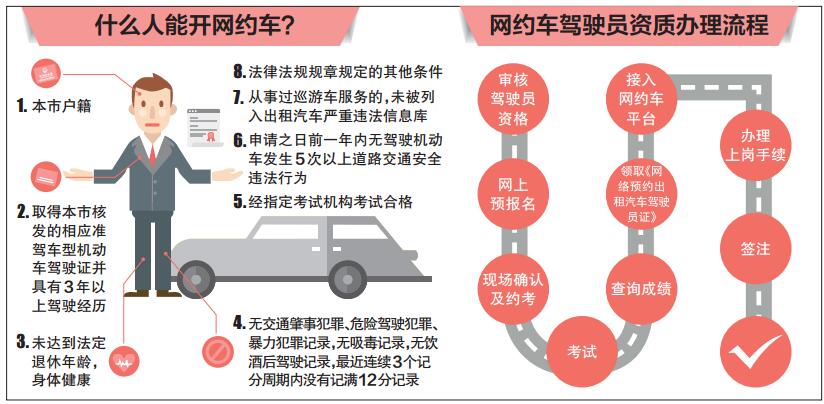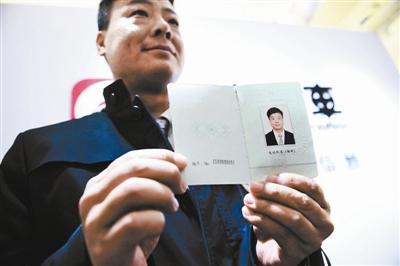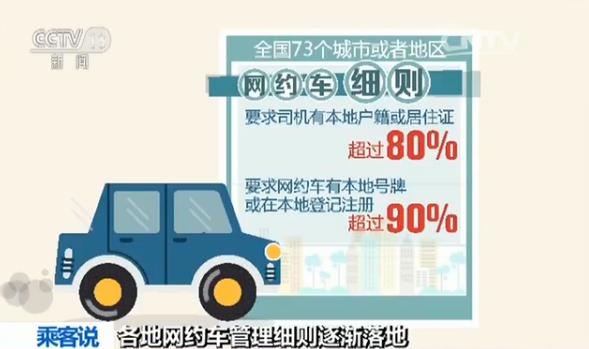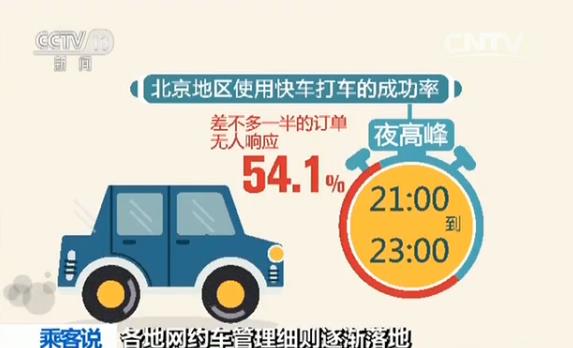In mid-September, the first round of awards ceremony for Tencent’s "Carbon Search Project" was held in Shenzhen, Guangdong. This is the first billion-level funding plan initiated by technology companies in the field of CCUS (carbon capture, utilization and storage) in China. A total of 30 winning projects were awarded, and each project team received a bonus of 500,000 yuan. The organizing committee of Tencent’s "Carbon Search Project" will select the best from these 30 projects and continue to invest tens of millions of projects in funding.
It is understood that since the launch of the "Carbon Search Project" in March this year, it has received extensive attention and positive response from the society. These 30 teams have stood out from more than 300 applications and represent the most cutting-edge and innovative technologies in the field of CCUS nationwide and even globally, including the relatively blank DAC field in China (directly capturing carbon dioxide from the air), the world’s leading microbial gene editing technology to absorb and utilize carbon dioxide in industrial exhaust, the use of construction waste to absorb carbon dioxide to reproduce building materials, and the capture of carbon dioxide through shellfish farming.
At a time when the global climate continues to warm, CCUS is considered an essential underpinning technology for achieving carbon neutrality, but due to the cutting-edge technology and high risk, this field lacks sufficient funding and resource support. Tencent’s "Carbon Search Plan" is to fill this gap, encourage more technical teams to join, and provide support from more institutions, and ultimately help CCUS technology cross the "death valley" and achieve innovation acceleration.
The 30 teams selected this time include young teams led by the post-90s generation, as well as senior teams who have studied in this field for more than 20 years. They include China’s top universities and research institutions, including Tsinghua University, Hong Kong University of Science and Technology, Zhejiang University, Chinese Academy of Sciences, etc. There are also many "national team" players, including high-quality projects from the Ministry of Natural Resources, China Geological Survey, Huairou Laboratory and other units. As the experts of the jury said: "Since the release of the’Carbon Finding Project ‘, the social influence has been tremendous. These 30 teams represent and determine the future development of the CCUS field."
The cutting-edge innovation of technology has aroused intense discussion among the judges
"CCUS is a brand new industry at a crossroads. It didn’t exist before, but now it is developing because humanity is facing many threats from climate change," said Dawei, senior executive vice president and chief explorer of Tencent Group, in his speech. Precisely because this field is too cutting-edge and innovative, the innovative technologies that emerged this time have also triggered a lively discussion among the judges. Traditional CCUS technology captures carbon at the emission end of flue gas, which is captured in the case of carbon increase, and belongs to "low carbon" or "zero carbon", while DAC directly captures carbon from the air, which is called "negative carbon", but because the carbon content in the air is relatively low, the technology has caused intense discussion during the review.
According to Dr. Huang Xinwo, senior director of the Strategy and Development Department of Tencent Group and head of the "Carbon Search Project", the 30 projects selected this time cover 15-20 different CCUS innovation technology routes. The judges are divided into 10 groups and 4 large groups. Independent evaluation is to ensure that cutting-edge and innovative technologies are fully valued and discussed. "We don’t need certainty, we need to accept high-risk and promising technologies in order to explore opportunities for innovation," Xu Hao, vice president of sustainable social value at Tencent, introduced. " The "Carbon Search Project" has established three innovation channels, among which the "Pilot Support" track focuses on innovative technologies that are still being developed in the laboratory. Tencent will invest tens of millions of funds to help these technologies in the laboratory accelerate out of the laboratory and land in industrial scenarios.
Although the field is new, the team has begun to explore
Although the field of CCUS is still in the exploratory stage, the 30 teams have already made many initial attempts to implement the industry. For example, Zero Carbon Removal Company will use waste building materials for carbon dioxide mineralization and recycling, and eventually make new floor tiles to realize the circular economy model of "building-waste-building". It will build the first commercial project using carbon-sequestered concrete solid bricks in Hangzhou Henglong Plaza. Other existing industries have been explored, including the original technology company that has partnered with Guodian Electric Power and Sinopec Group, hoping to large-scale low-cost permanent mineralization and storage of carbon dioxide and other technologies.
Selecting these projects with potential to be implemented is the original intention of the "Carbon Hunting Project". As Wang Dawei said, the time left for global warming is very small, "which means that we have to start from scratch and achieve a considerable scale of emission reduction in a very short period of time in order to play a positive role in improving the atmospheric condition and the earth’s environment." Because of the tight time and heavy task, one of the most important criteria at the beginning of the "Carbon Hunting Project" selection is to achieve large-scale in 2030. In addition to the "Pilot Support" track, the "Start-up Incubation" track focuses on start-ups in the CCUS field. The "Carbon Search Program" will assist them in connecting with Tencent Qingteng, a platform for co-creating learning, to help start-ups achieve scale and commercialization as soon as possible.
Based on this, the evaluation committee of the "Carbon Search Project" has for the first time created a joint evaluation of academician experts, industrial partners and investment partners, representing the technical parties, application parties and commercial implementation parties in the CCUS field, including Jin Hongguang, academician of the Chinese Academy of Sciences, Yan Jinyue, academician of the European Academy of Humanities and Sciences, and relevant heads of enterprises such as Conch Group, Hegang Group, Matrix Partners, Sequoia China, etc., to ensure that the cutting-edge technologies emerging from the laboratory can be verified in the market.
These cutting-edge technologies are also crucial for industrial partners. Chen Yongbo, deputy general manager of Conch Group, said at the award ceremony: "I come from the cement industry, and cement is one of the most difficult industries in our country to reduce emissions. Without CCUS backing, it is difficult for the cement industry to achieve carbon neutrality." Tian Jinglei, chief researcher of HBIS, one of China’s largest steel companies, also said: "The steel industry consumes 8% of the world’s energy and produces carbon dioxide, which is a very important area for achieving carbon neutrality in the future. Thank you very much to Tencent for supporting us in our industrialization exploration."
The team is dedicated and firmly believes in the future of CCUS in China
The scientists in this team, whether they are post-90s or well-known scholars with more than 20 years of research experience, are full of confidence in the development of CCUS in China, and are willing to take risks and try boldly. For example, the two co-founders of Nanjing Gas Biochemistry decided to give up their stable teaching positions in key universities and start a business to develop CCUS technology; the team led by Professor Lin and Professor Chen Xi, chief scientist and founder of Climate Technology, at Columbia University is the first team in the world to propose direct air capture DAC. "CCUS has many development opportunities abroad, but I decided to do research and development in China because I believe in the cohesion of the Chinese nation and can definitely make representative work in the low-carbon field in a short period of time," Chen Xi said.
As Xu Hao pointed out, the selected team this time is very "Chinese characteristics", and many start-ups focus on the carbon dioxide utilization track. This is also the technology that China needs most at present. China has a large industrial base, and the current technology accumulation will definitely accelerate the development of this field. Professor Zhang Xiliang, director of the Institute of Energy and Environmental Economics of Tsinghua University and head of the National Carbon Market Overall Design Expert Group, is working with Tencent to provide a foundation for the development of China’s CCUS field, and promote the marketization and standardization of the CCUS field through technology measurement, reporting and verification (MRV).
link
In 2021, Tencent once again upgraded its strategy and took "sustainable social value innovation" as the foundation for the company’s future business development. Carbon neutrality is an important area of sustainable social value innovation. Since the establishment of the SSV carbon neutrality laboratory, it has implemented a series of projects, including a pilot project to explore the injection of carbon dioxide aqueous solution into basalt mineralization and storage in China, a carbon Live low-carbon innovation connector for low-carbon technology enterprises, and water-saving and anti-upland rice, virtual power plants, glacier protection, marine blue carbon and other projects. Xu Hao, vice president of sustainable social value at Tencent, said that from personal dismissal to ecological co-construction, Tencent continues to pay attention to next-generation technologies. "On the road to promoting sustainable social development, carbon neutrality is not a single option. In the future, we will use our technology and innovation capabilities to co-create with multiple parties, explore sustainable solutions, and help the integrated development of social value and economic benefits. "
(Appendix: List of TOP30 winners of the "Carbon Project")
